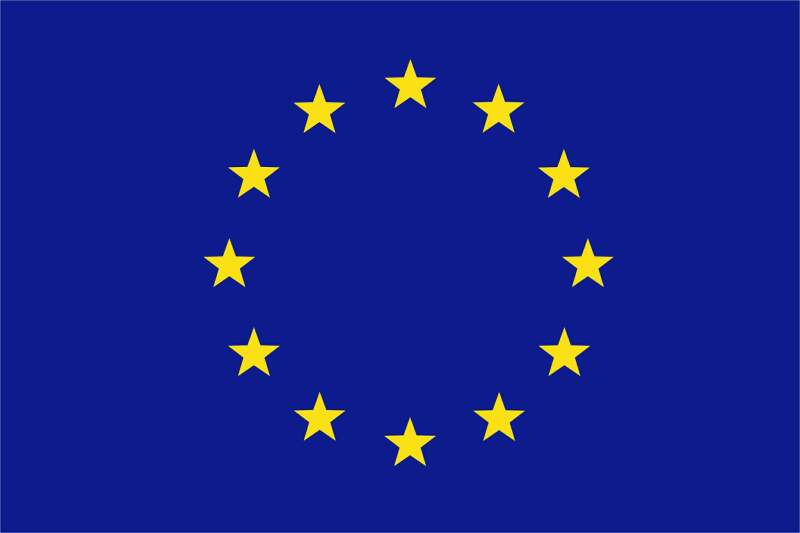
The proposals include substantial changes to the Trade Marks Directive, CTM Regulation and Fees Regulation.
Draft versions of the plans were circulated widely earlier this year and reported on managingip.com in February.
Among other changes, the European Commission plans to cut fees for CTM applications covering only one class rather than three and improve harmonisation by requiring national offices to provide administrative cancellation and opposition systems.
The February draft also included proposals to change the burden of proof in goods-in-transit cases, so that the shipper would be required to show that the goods were not intended for the EU market. This was designed to address concerns raised by brand owners following the CJEU decision in the Philips and Nokia cases.
However, the final proposal published last week goes much further than this. Noting that “there is an urgent need to have in place a European legal framework enabling a more effective fight against the counterfeiting of goods” it proposes entitling right holders to prevent third parties from bring goods into the EU if they bear a trade mark “which is essentially identical to the trade mark registered in respect of those goods”.
The new right would apply “regardless of whether [the goods] are released for free circulation”.
Stuart Adams of Rouse in London, who sits on an INTA committee which has been addressing this issue, said the proposal would be welcomed by brand owners: “I can’t say how happy I am.”
He added: “If ratified, these proposals will be a significant victory for rights holders and a blow against counterfeiters.”
The Directive and Regulation proposals are now subject to the codecision procedure, requiring approval by the European Parliament and Council. This is expected next year. Once approved, the changes in the Directive will have to be transposed into national laws within two years. The changes to the Fees Regulation follow a slightly different procedure.









